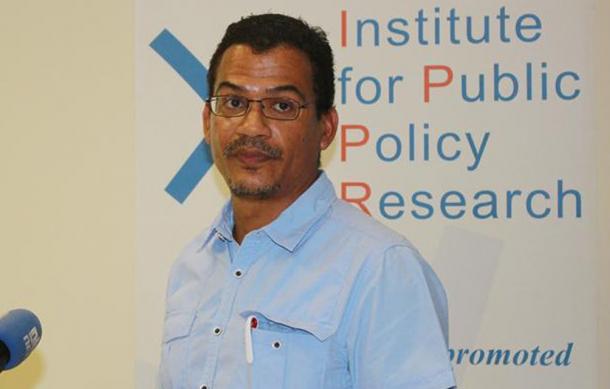
Namibia's public procurement system faces significant challenges, primarily due to a lack of accurate data.
This was highlighted by IPPR Research Associate Frederico Links during the launch of the latest edition of the organisation's procurement tracker, titled 'Data Deficits Undermine Governance and Oversight'.
A lack of precise and easily accessible data is identified as a significant obstacle to transparency, accountability, and integrity in public procurement systems.
Links says the system fails to provide sufficient data, owing to the procurement policy unit not being appropriately capacitated to fulfil its monitoring and compliance enforcement mandate.
This includes monitoring and reporting on the performance of public procurement systems in Namibia, among others.
Despite the enactment of the Public Procurement Act of 2015 and its seven-year implementation, accurate and timely data on the system's operations remains significantly lacking.
Links suggest that Namibia adopt the Open Data Contracting Standard for transparency, accountability, and efficiency in public contracting processes.
However, he notes that Namibia's civil service faces a credibility and trust issue due to the perception that senior ranks are politicised, with appointments based on political connections rather than merit and performance.
Public procurement data is necessary for governance oversight and insight, public service delivery monitoring, budget and procurement planning, as well as compliance management and enforcement, among others.





